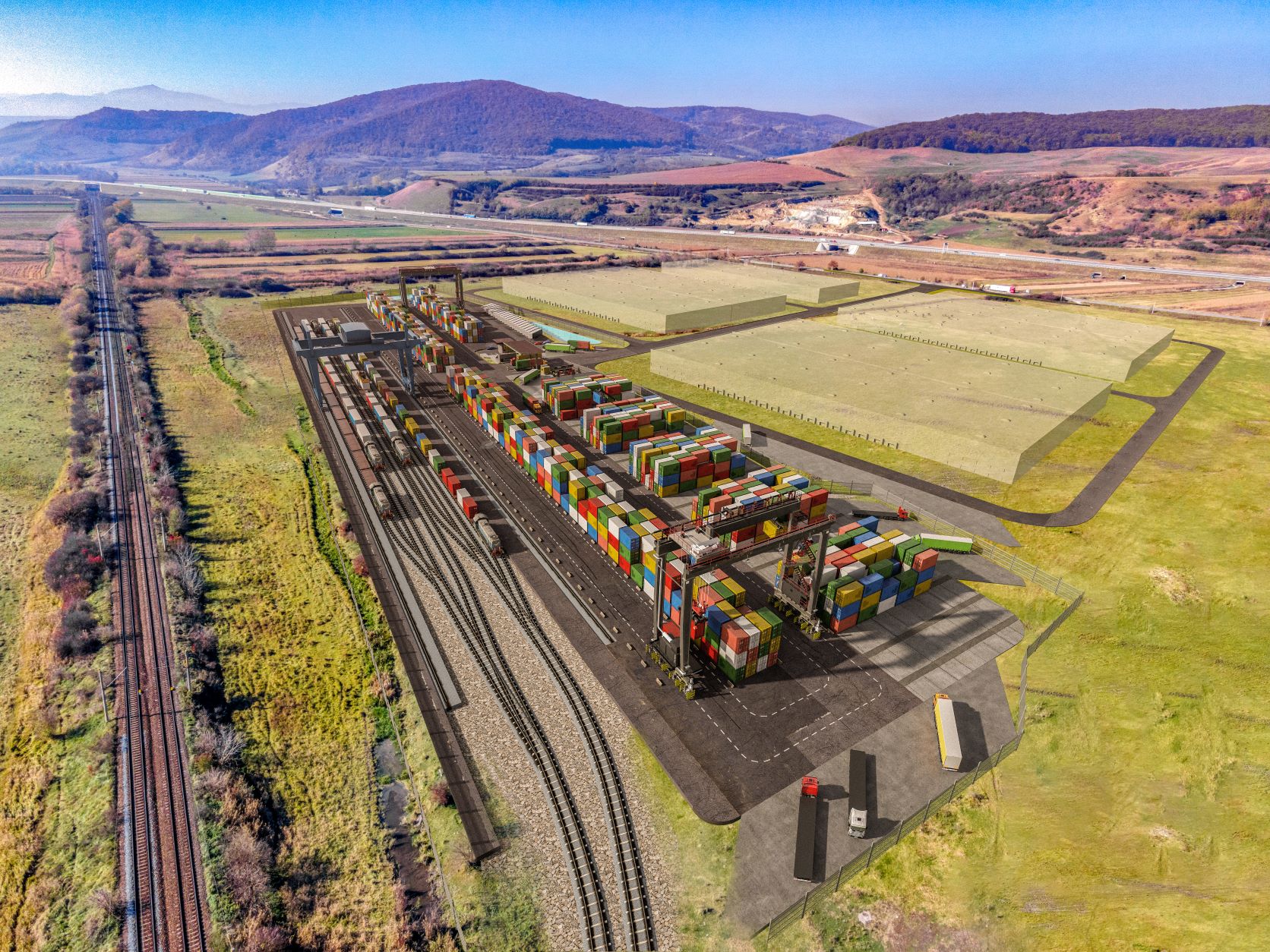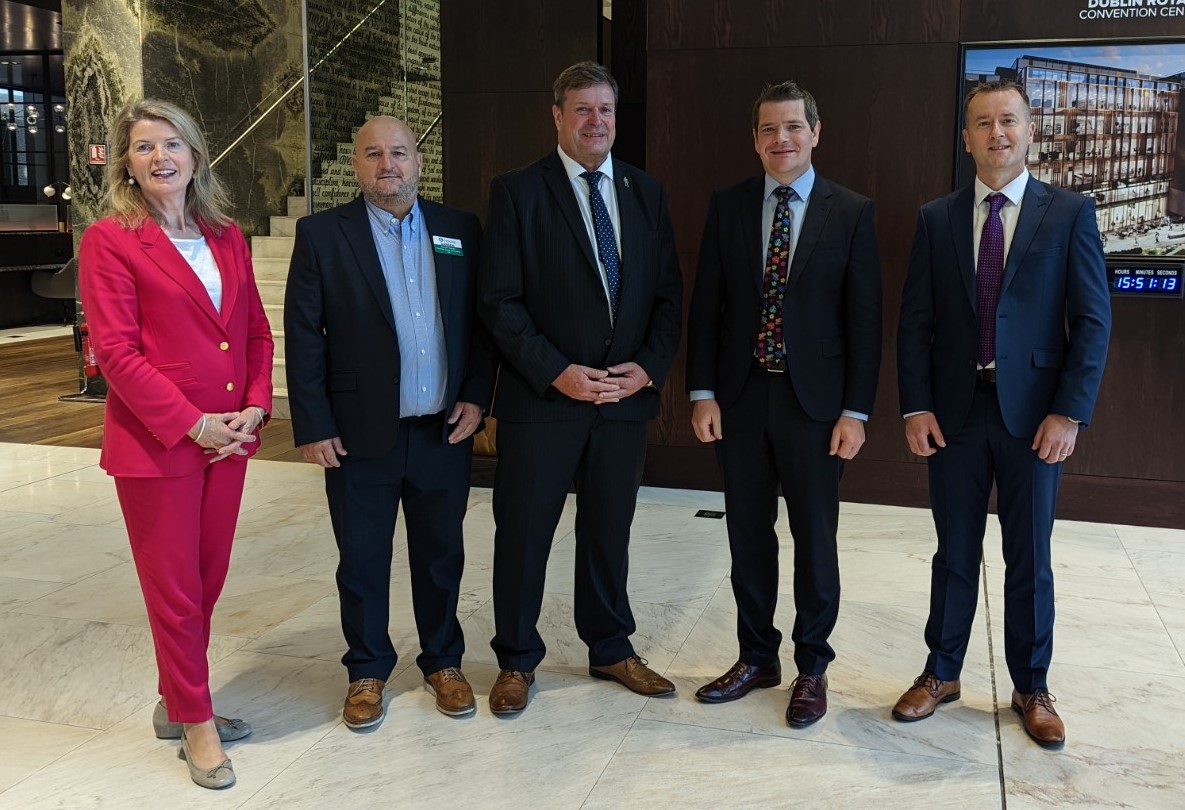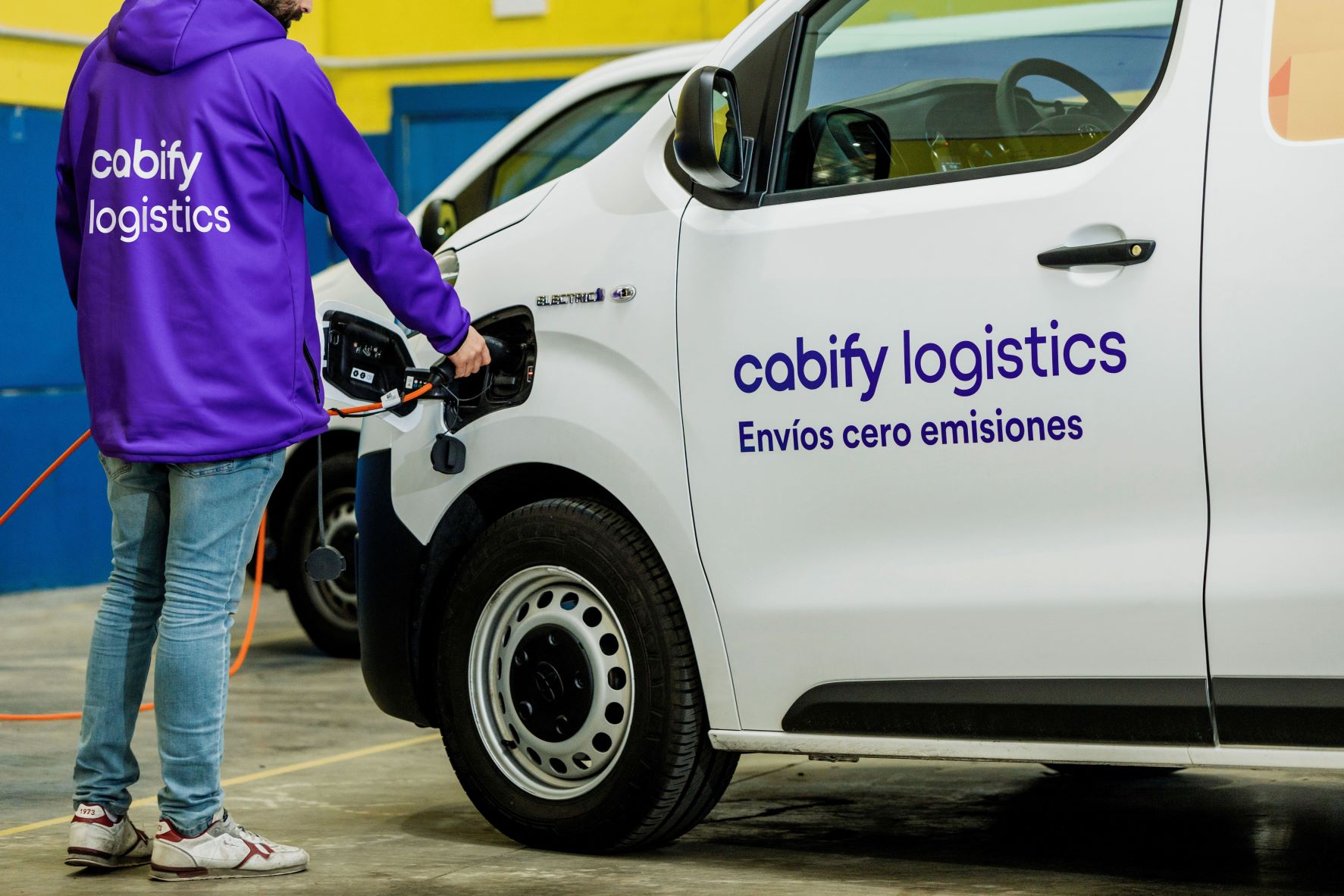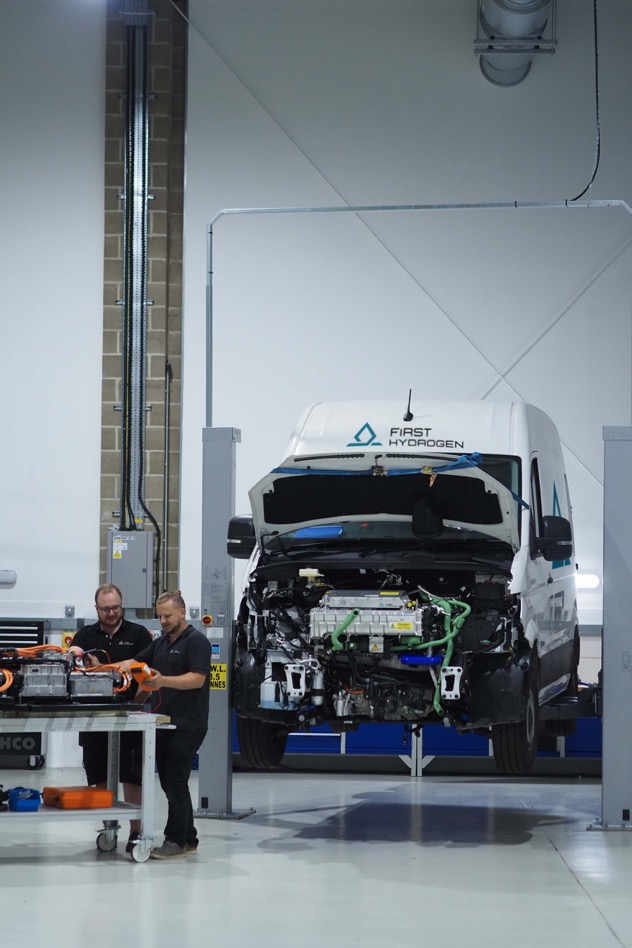According to a new study, the The Netherlands ranks first with UK fifth in Europe for capacity for innovation, technological progress and sustainability in the delivery and courier industry. The UK leads the way for the continent in legislation for automated cars, with only Germany having more in place.
The research found the UK performs well across a range of factors that signal potential to innovate in road delivery services. The UK ranks just above Sweden, Spain and Belgium, with a score over double that of Poland.
Yet, in terms of road quality and electric light commercial vehicle usage, the UK lags behind the Netherlands, Germany, France and Switzerland. Investment in these areas is needed if the UK wants to keep pace with other European nations.
The European Delivery Innovator Index, research conducted by return loads platform Courier Exchange, analysed data on various metrics connecting the courier industry with innovation and technological advancement. Factors taken into consideration include transport infrastructure, electric vehicle charging point availability and the general capacity for innovation.
Leading the way with autonomous vehicle laws
One area where the UK excels is paving the way for automated vehicles (AVs) with government legislation. Apart from Germany, every other European country either has no legislation in development or only has approval in place for testing AVs.
Autonomous vehicle adoption and other emerging technology such as drones is set to energise the last-mile delivery market, influenced by rapid growth in the e-commerce industry. The UK’s progressive legislation in this area indicates its openness to embracing new technology to expand road delivery services.
This summer, it was announced that the UK will become home to the world’s largest automated drone superhighway within the next two years. Alongside tech companies, the government unveiled plans to integrate drone deliveries into our daily lives.
Luke Davies, Commercial Director at Courier Exchange, says: “Demand for delivery services is showing no signs of slowing down, so to keep up, the sector will need to find efficiencies where it can. Innovation will play a huge role in achieving this and innovation will come in many guises, from AI to drones.
“It’s vital that the delivery sector embraces technology and adapts, particularly when customers have become so used to convenience and speedy delivery. Customers are also demanding that the goods they buy are sustainable, at every stage of the supply chain, so we’ll soon see more electric delivery vehicles on the road.
“What’s encouraging is that so many European nations are well-positioned when it comes to innovation. Just how ready they are varies from territory to territory, but the overall picture is promising and once innovative practices become the norm – and are seen to be successful – other countries will introduce them.”
CLICK HERE to read the full study, methodology details and sources.











